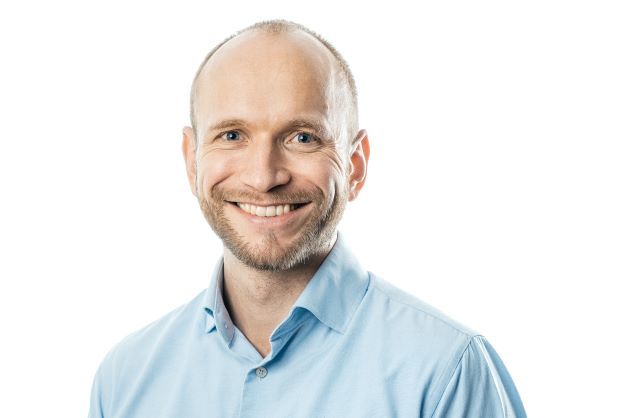The government’s recent agreement to obtain an extra 1,000 healthcare professionals (sosu’er) for Denmark by recruiting from India and the Philippines is a solution to an imminent challenge.
Projections from Kraka-Deloitte and the Ministry of Finance point to a huge challenge for Danish healthcare: there is a shortage of qualified sosu workers in Denmark, which will worsen in the future. But unemployment in Denmark is already low, and there are no easy solutions left to get more Danes into work.
For Indians and Filipinos who want to work in Denmark, it is a good opportunity to earn more than they could in their home countries. Thus, the agreement serves both Danes and international workers who travel here. Who loses?
Zero-sum thinking
Some think that the Indian and the Philippines will lose in this transaction. For instance, The Danish Nursing Council does not believe that the Danish labor shortage should be solved “by beachcombing other countries, where they also lack health personnel”.
Senior researcher at Danish Institute for International Studies (DIIS) Sine Plambech argues, in an otherwise nuanced comment, that the governments may plunder the health system of other countries and contribute to a global “care drain”, where nursing assistants and nurses travel to the West to provide care, instead of providing care for those who need it in their home countries.
Such zero-sum thinking should not be the starting point for the discussion, nor is it a conclusion that can be drawn from the economic research literature that has investigated the area.
Not only do the professionals who travel to Denmark reap an unequivocal benefit, there is much to suggest that their countries of origin can, under the right circumstances, also benefit.
Earnings go back to home countries
First, international workers often send a significant amount of their earnings back to their home countries. That money can be used to support family or to invest, thus increasing the country’s growth.
According to the World Bank, such remittances made up just over 9 percent of the GDP in the Philippines and just under 3 percent of the GDP in India in 2021. So, this is no small change.
Secondly, there are many internationals who travel to the West, build skills and wealth here, and then go back. Just as Denmark should be glad that many young Danes travel abroad to gain new experience and knowledge and then return home again.
Finally, it is not at all certain that 1,000 more sosus in Denmark mean 1,000 fewer health care workers in India and the Philippines. The option of coming to Denmark and working can be such a strong attraction that many more choose to study than would otherwise.
More nurses are being trained in the Philippines
It’s not just theory: a new scientific research paper evaluating a change in US entry rules for nurses from the Philippines found that for every nurse who traveled to the US, nine additional nurses were trained in the Philippines.
There were more – not fewer – trained nurses in the Philippines because of more people traveling to the USA.
On the other hand, even if the potential is there, there is no guarantee that hiring from abroad will benefit the origin countries. If, for example, Denmark receives the very best in a cohort, the average skill level of those who remain may be lowered.
Further, people who are now being trained as nurses would alternatively have done something else, which could have created even more value. It may also be that the effects in the origin country are different if the countries supply an extremely large number of professionals over a long period of time.
Denmark can pay
But if it is possible to design a future Danish agreement that addresses these points, then the probability of it benefitting the origin countries increases.
For example, Denmark can pay for the training of the sosus it plans to hire. Denmark could pay for broader training programs in the origin countries that would provide workers for its own healthcare system. One could also set a limit on how many years the sosu can stay in Denmark.
With a thought-through policy, more foreign labour in the health care system may not turn out to be a zero-sum game between Denmark and the origin countries.
The agreement will help solve Denmark’s great shortage of sosus, and it will be a personal benefit to those who travel here.
And depending on how the agreement is implemented, there may be more people trained in care in the origin countries. That is worth pursuing.
This op-ed was first published in Altinget on 23 February 2024

